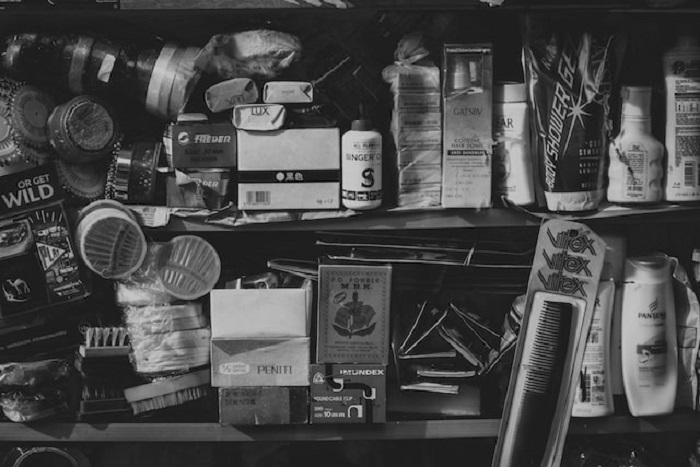
The compulsive hoarding disorder consists of the inability to part with belongings and the accumulation of items (e.g. paper, food containers, duplicate items, miscellaneous items, bio-hazards, animals, etc.). Hoarding appears in various forms, varying case-by-case. Some people constantly accumulate numerous household items and tools, some cannot part with items the average person considers to be trash, and sometimes some people acquire more animals than they can properly care for. Unlike collections, hoarding often is unorganized and can interfere with day-to-day life. These individuals with hoarding behavior are not “lazy” or “slobs,” but rather are undergoing the compulsions of a mental condition.
The hoarding condition makes it difficult for an individual to distinguish between “trash” and “treasure.” The individual will find items to have more value than what they actually have. Sometimes there may be a sentimental attachment to items, such as items the individual associates with a lost loved one. Other times, the individual may believe he/she will have a need for the item someday, and is holding on to it “just in case.” In the case of animal hoarding, the individual may feel that these animals are being saved from a worse fate, not realizing the inability to provide habitable conditions and care is harming the animals more than helping.
At times, hoarding behavior may even be a symptom of another condition. One such condition is Obsessive Compulsive Disorder (OCD). According to Psychology Today, one in four people who have OCD also display hoarding behavior. Some people have the misconception that OCD means the person is obsessive about cleaning and therefore would never be able to stand hoarding conditions. OCD, however, is a disorder that takes many forms, one of which results in “pathological collecting.”
Clinical depression can also lead to hoarding behavior. Symptoms of clinical depression include, but are not limited to: depressed mood, significantly reduced interest, insomnia, fatigue, and trouble making decisions. Due to some of the symptoms of depression, hoarding behavior may coincide as the individual may have difficulty making decisions to part with items or lack the energy and/or motivation to maintain an uncluttered environment.
Other conditions that may coincide with hoarding behavior is Attention Deficit Disorder (ADD) and Attention Deficit Hyperactivity Disorder (ADHD). ADD/ADHD may result in disorganization, lack of focus, and difficulty staying on task. Such symptoms can make it difficult to keep up with a home, being unable to focus and maintain organized conditions.
If hoarding behavior is present, it is crucial to address all aspects of the behavior – the physical clutter and the psychological aspects that coincides with it. A professional heavy duty cleaning company that specializes in hoarding and clutter clean up can provide compassionate, effective services that will help to restore livable conditions. A mental health professional will be able to assist with the psychological aspects of hoarding in order to minimize the chance of regressing back to hoarding conditions. Whether hoarding behavior is due to the Compulsive Hoarding Disorder itself or a symptom of another mental condition, the proper help will be able to alleviate the hoarding situation and restore the safety and happiness of everyone involved.
Article Source: https://EzineArticles.com/expert/Jeff_Cohn/78755
Article Source: http://EzineArticles.com/9318077
